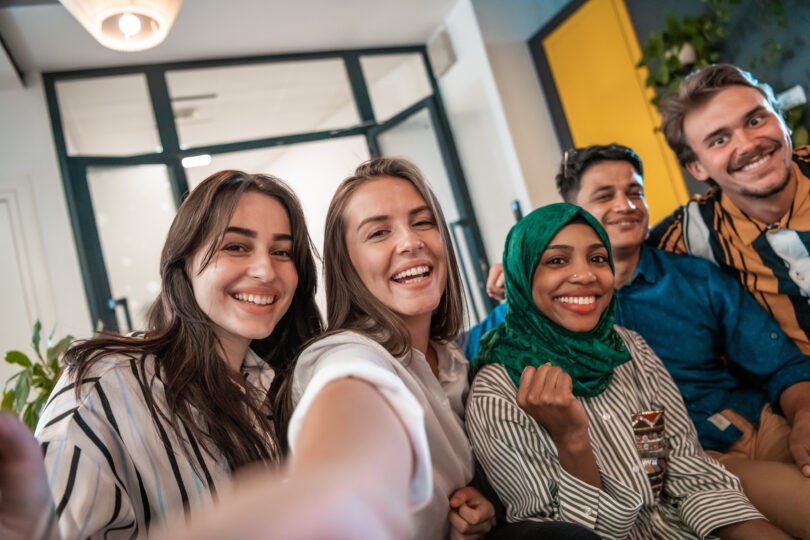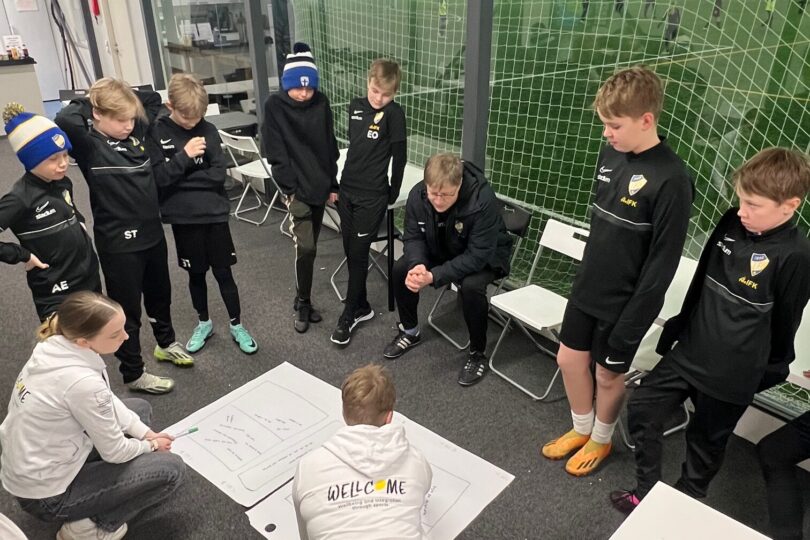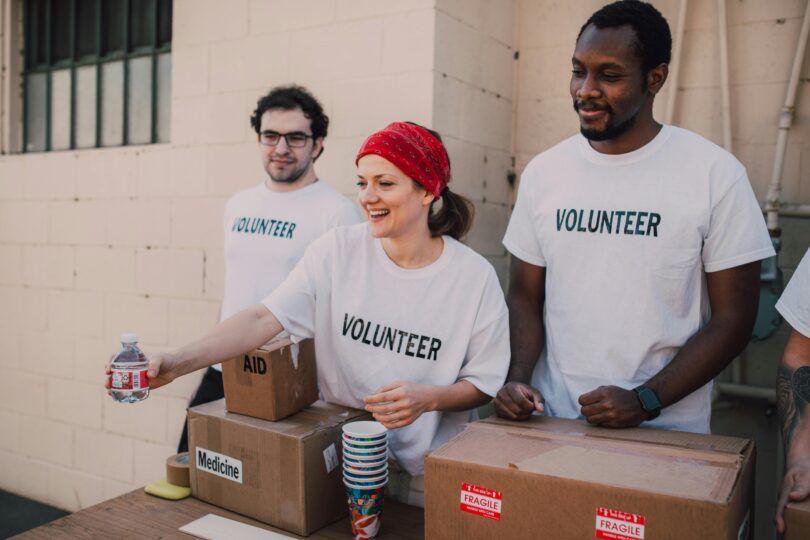Theme 6: Integration
How can participation in sports clubs promote the agency and integration of children and youth with immigrant backgrounds?

- Building confidence and skills: Participating in sports activities helps children and youth develop physical and social skills as well as self-esteem. When young people notice their progress and ability to succeed in a team, it increases their sense of capability and resources.
- Improved interaction and communication skills: In a sports club, children and youth interact with diverse people, enhancing language skills and confidence in participating in group discussions. This improves their ability to communicate and express their opinions and needs.
- Sense of belonging and inclusion: Being part of a team or group provides a safe environment where young people can feel a sense of belonging and contribute to shared goals. This helps them build social networks and feel accepted, which strengthens their agency and identity.
- Finding role models and support networks: Sports clubs can offer young people role models, such as coaches or older teammates, who can support and guide them both in sports and life in general. These role models and connections can inspire and provide essential tools for shaping their future.
- Developing responsibility and leadership: Sports activities offer many opportunities to learn leadership and responsibility, such as taking on the role of team captain or assistant coach. These experiences help young people understand how they can influence their situation and actively contribute to their community.
- Motivation and goal-setting: Through sports, children and youth learn to set goals and see the results of their efforts, whether in practice or competition. Achieving these goals motivates them and strengthens their belief in achieving their dreams and controlling their lives.
- A pathway to societal integration: Sports clubs can act as bridges to the broader society. By participating, young people learn local customs, norms, and values. At the same time, they can share their own cultural background, fostering understanding and interaction between different groups.
- Well-being and resilience: Sports support both physical and mental health. Regular physical activity reduces stress and enhances resilience, helping young people face other challenges in life.
Do you want subtitles in English for the video?
- Click on the ”Watch on YouTube” icon in the top left corner.
- Click on the ”Settings” gear icon in the bottom right corner.
- Select your preferred language and then click on the ”Subtitles/Closed Captions” icon on the left.


